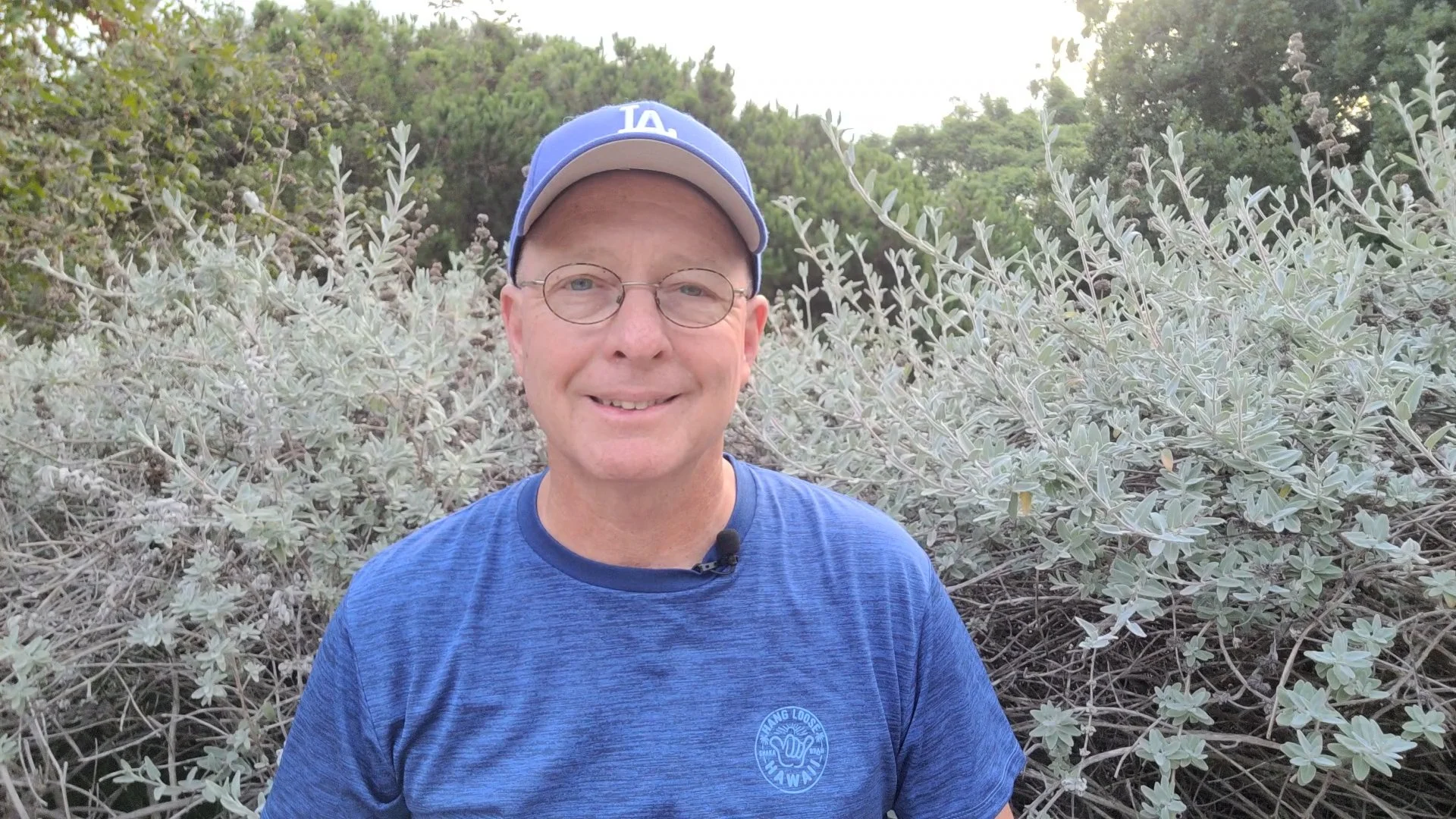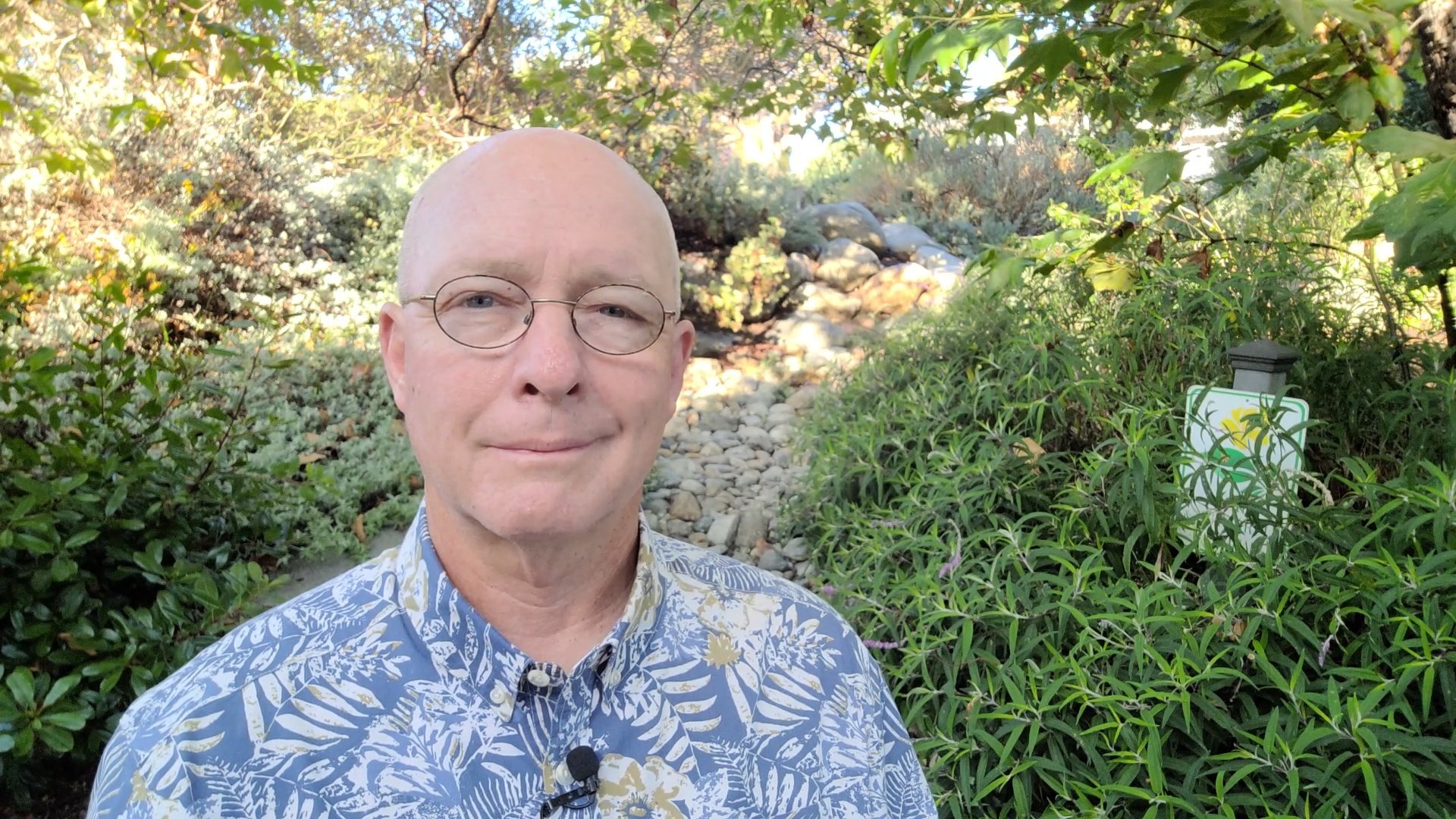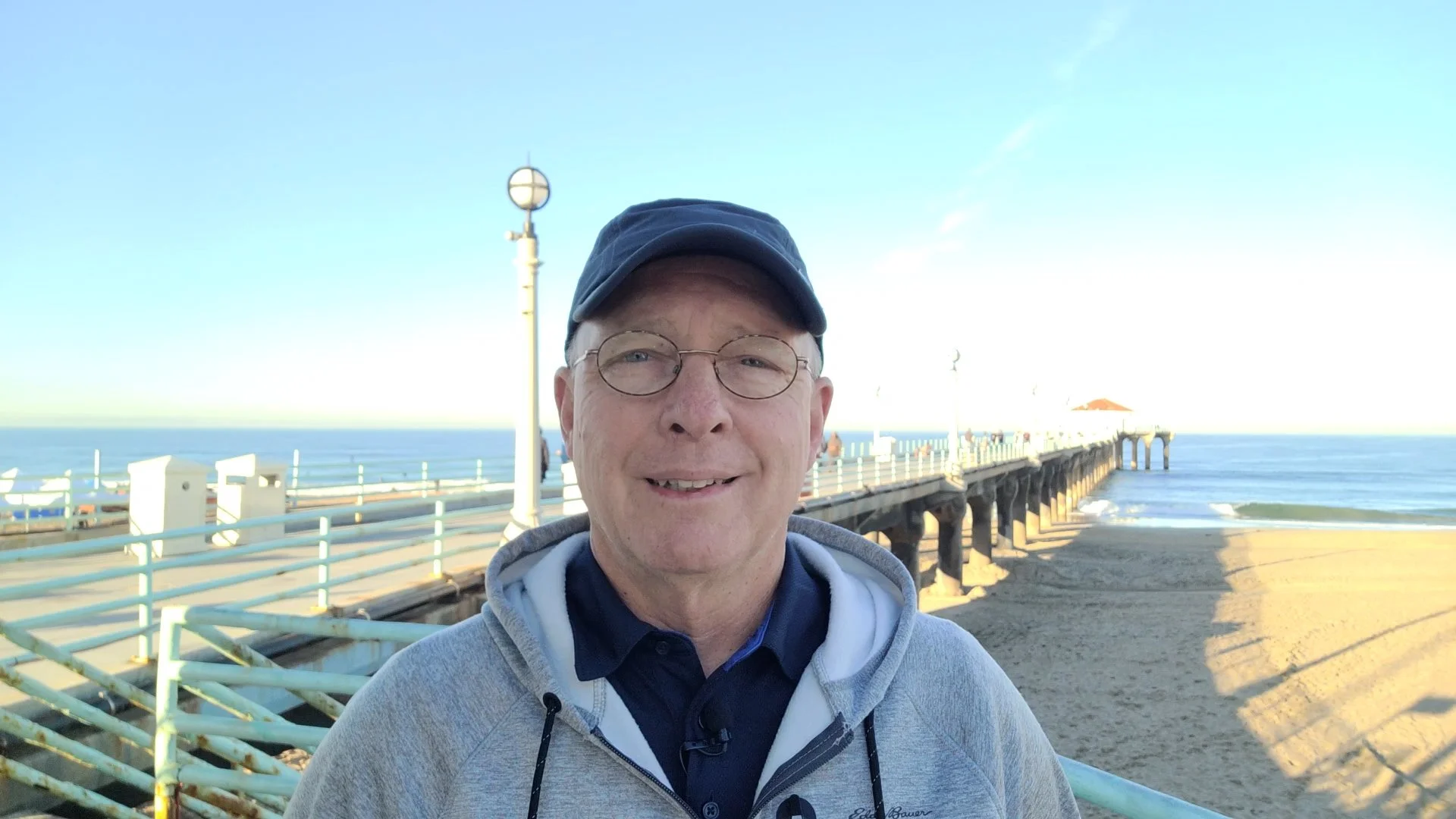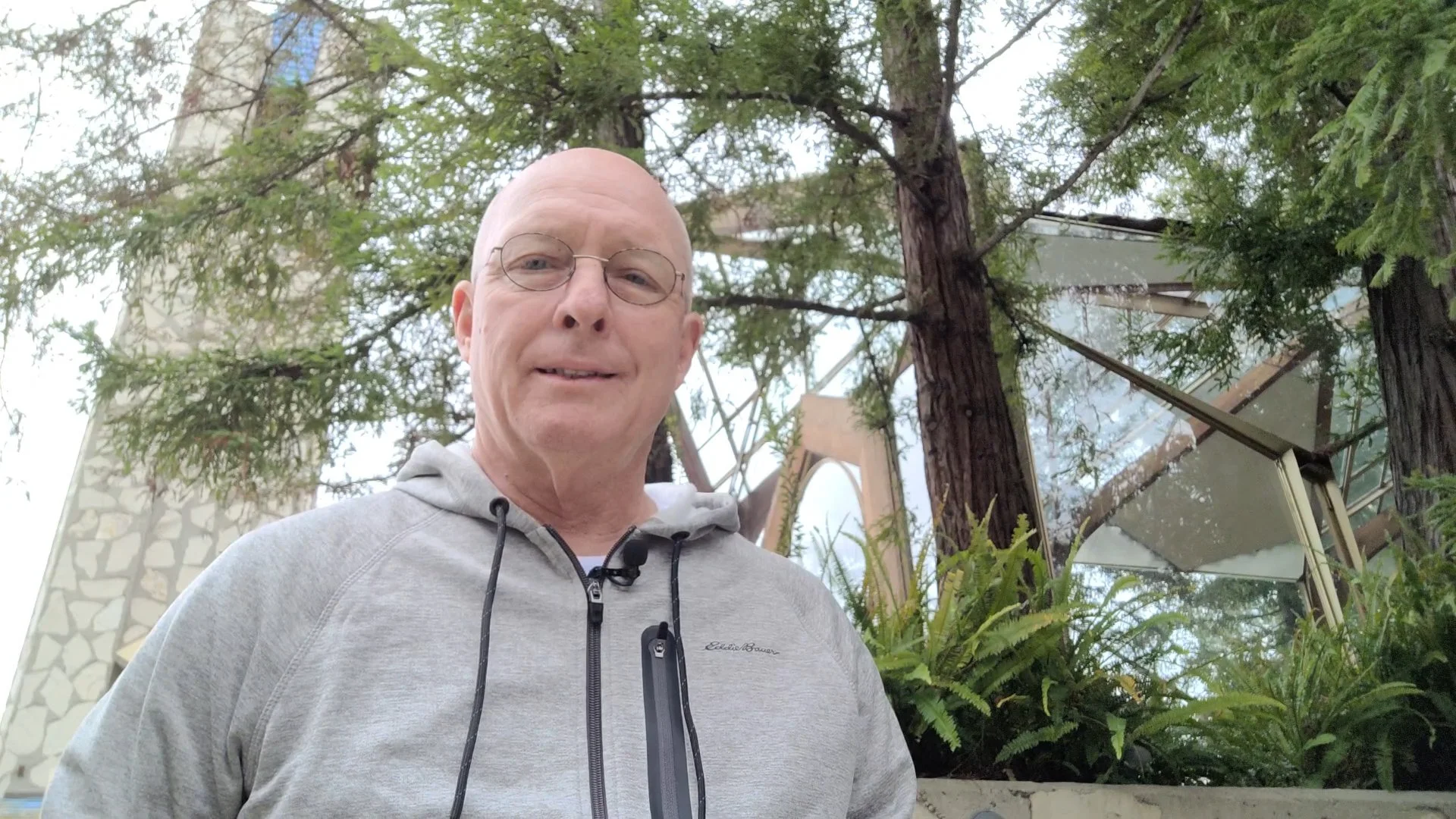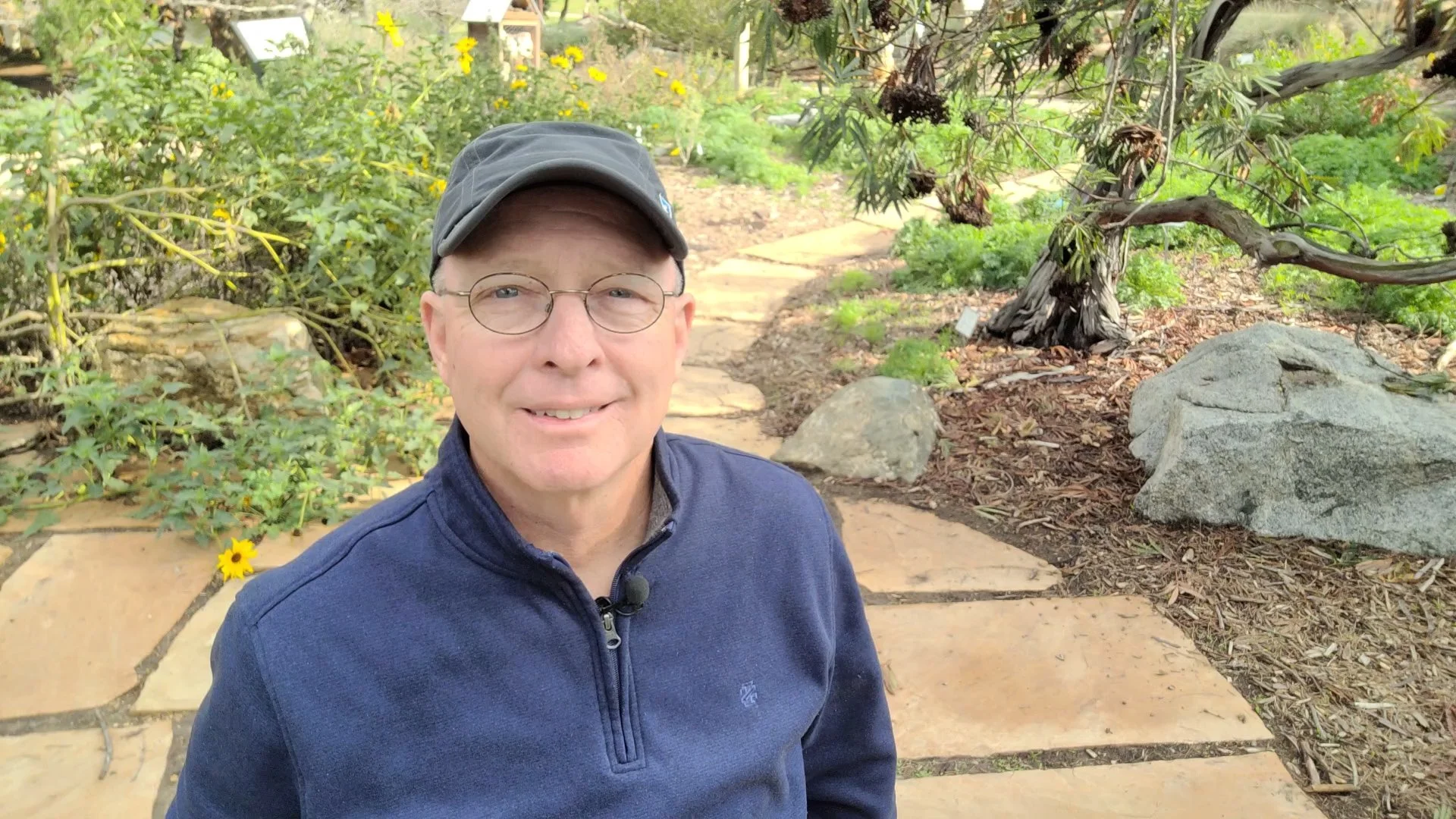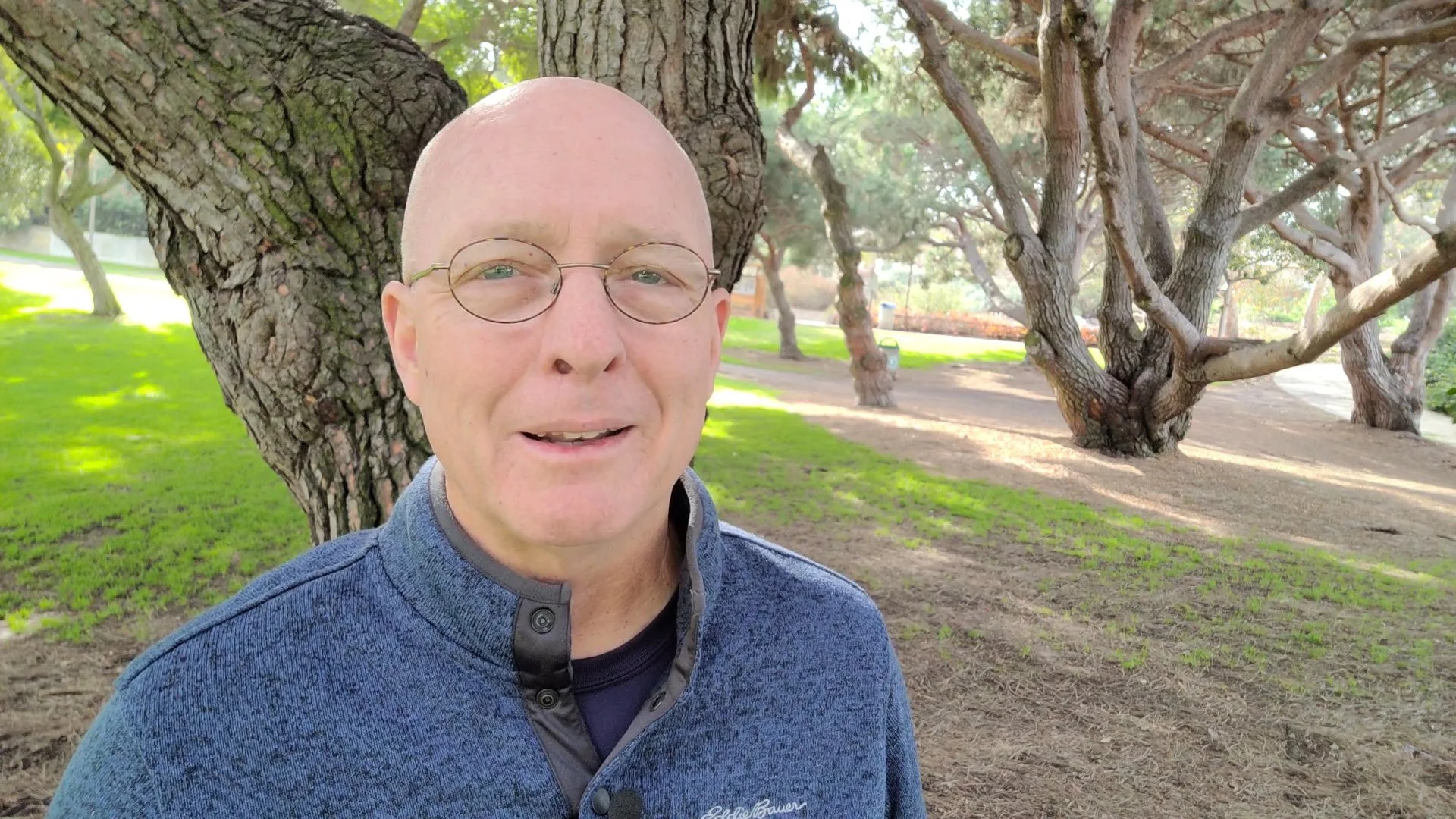My wife and I recently vacationed in Honolulu, Hawaii, and I went for a walk one morning along the Ala Wai Canal. As I strolled under the canopy of the trees that line the pathway, I suddenly came upon two men wielding swords – real, metal swords – the kind that belong in a movie not the hands of strangers just ahead of you on the footpath. And I instantly experienced a shot of adrenaline along with an urge to run away. Two-swords-to-none are not good odds.
But after taking a second glance, I realized that these men weren’t a threat after all. They were just using that public space to practice a form of martial arts. So, I kept on walking, my heart rate began returning to normal, and I watched them with fascination. But my initial reaction to that surprise encounter got me thinking about the first six verses of John 18.
After celebrating Passover together in an upper room in Jerusalem, Jesus and his disciples had been on the move heading toward the northeast corner of the city as he taught them and prayed to his Father. Once outside the city walls, he led them across the Kidron Valley and into a garden called Gethsemane. The text describes it as a place they’d visited often, one where Judas would have expected them to go.
I'll get back to that in a minute. But before going any further, I need to note that at this point in the narrative of Christ’s passion, all three of the Synoptic Gospels (Matthew, Mark, and Luke) provide accounts of his raw and intense supplication to the Father. Often described as the 𝘢𝘨𝘰𝘯𝘺 𝘪𝘯 𝘵𝘩𝘦 𝘨𝘢𝘳𝘥𝘦𝘯, this blood-sweating episode of intense prayer regarding the coming suffering of the cross concluded with an expression of his fresh and deep surrender as he cried out, “Not my will, but yours, be done.”
The significance of that aspect of the story of our redemption can't be overstated. But for reasons that are guided by its unique, Spirit-purposed perspective on the life and ministry of Jesus, John’s Gospel doesn't record that part of what happened at Gethsemane. It focuses instead on the Lord’s arrest that took place there on the same night. And the account of that event is what came to mind when I encountered the swordsmen.
Unlike the benign intensions of those two guys, the Roman troops, temple security forces, and Jewish leaders Judas led to the garden were armed with lethal weapons – which Matthew’s account describes as including swords – that were brandished in the harsh light of their lanterns and torches for the express purpose of intimidation. But even with full knowledge of where it would ultimately lead, Jesus didn’t attempt to avoid the confrontation. Instead, verse 4 tells us he, “went forward” to meet them head on. And when he boldly confirmed that he was the one they were seeking, they were the ones who verse 6 says, “drew back and fell to the ground.”
This bold, confident, and forceful turning of the tables on his adversaries was, like everything else Jesus said and did, purposeful. It demonstrated at least two things crucial to our faith.
First, Jesus was not a victim of the brutality he suffered. Out of love for us, he freely offered his life. It wasn’t taken from him. The events that led to and included the cross were never outside his control.
Second, whenever it feels like the devil has arrived on the scene of our lives to intimidate us with “lanterns, torches, and weapons,” we needn’t fear. The Lord has gone before us to provide the courage to face any assault head on and see the tables turned through the power of his consummate victory. As Colossians 2:15 says, “Having disarmed principalities and powers, He made a public spectacle of them, triumphing over them in it.”


